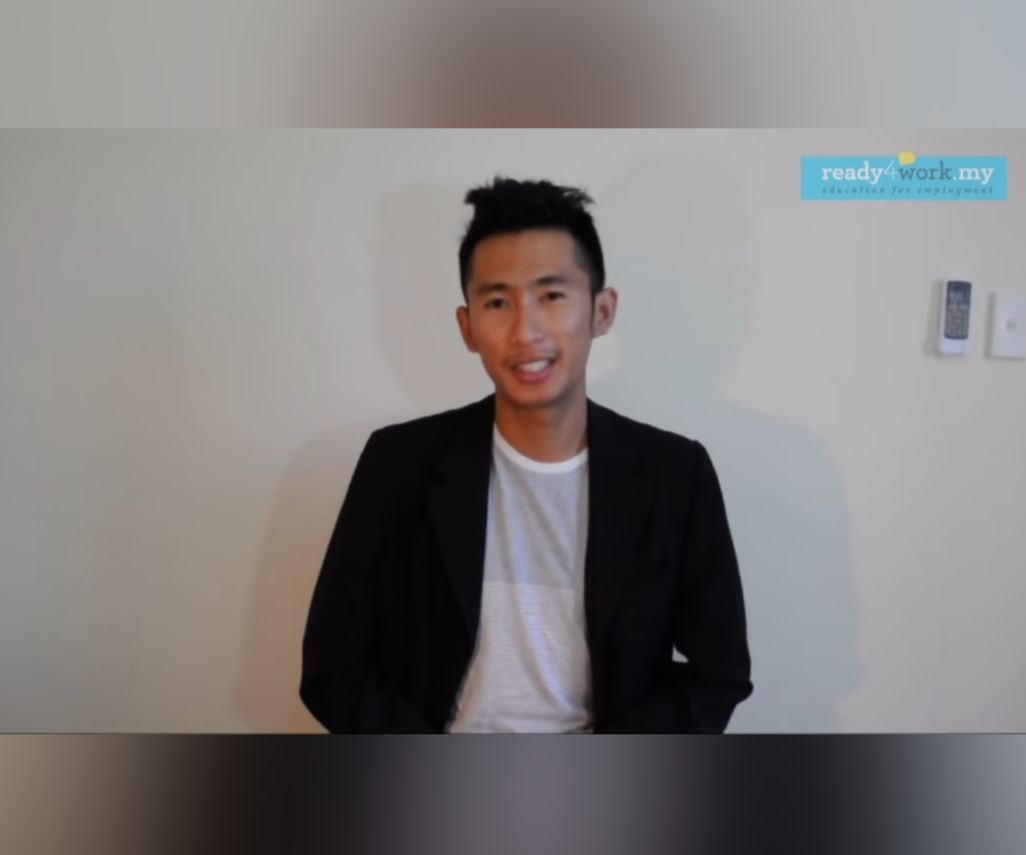Do You Know Your Limits?
There are things we know and things we think we know. There are also things that we assume everyone else knows.
The critical question is whether we can identify the limits of our knowledge and understanding and the assumptions underpinning our thinking.
Earlier this year, I was chatting with a friend about the inner dialogue we often have running through our heads. This is the voice we hear when we are writing or reading. It can be our voice of self-praise and self-criticism. It can help with self-awareness, planning and a myriad of other activities.
I had assumed, wrongly, that everyone has an inner voice.
It turns out there are people who don’t have an inner voice or inner monologue. This article in The Guardian highlights the work of neuroscientist Dr Helene Loevenbruck of Grenoble Alpes University’s Laboratory of Psychology and Neurocognition in France. Dr Loevenbruck studies language and cognition.
Now, why some people don’t have an inner voice is a question that’s still being explored. What researchers do know is that the inner voice is created in a network of different brain regions, including the inferior parietal and precuneus lobules and bilateral inferior frontal activation.
If you want more, it is worth reading Dr Loevenbruck’s article, which explains the role of our inner voice, and when it can become unhelpful (i.e. rumination, which I have written about before, Reflect don’t ruminate).
Now, all of this is a lovely way to get to the real point of this article…there is so much we don’t know.
It’s impossible to have all the answers, and even with the power of Google, AI and other devices, it’s impossible to have all the knowledge at your fingertips.
Start with humility
The first step is accepting that fact.
Intellectual humility is recognising that our knowledge is limited and we are fallible beings. It is an acknowledgement that no person possesses all the answers regardless of their role, status and experience. Embracing intellectual humility allows us to remain open-minded, receptive to new ideas, and capable of adapting to novel situations.
Recently, a group of academics came together to study intellectual humility. In their research, reported in Nature Reviews Psychology, Assistant Professor in Psychology at Rowan University, Tenelle Porter and colleagues identified its common trait.
It was the “… meta-cognitive ability to recognise the limitations of one’s beliefs and knowledge“. Their review found that the key factors influencing whether a person has intellectual humility include elements such as relationship security and social coordination.
Intellectual humility is deeply intertwined with the ability to receive feedback openly and accept that wisdom often lies in seeking counsel from others.
Elevate the gap
After acceptance comes awareness.
It’s getting curious about what you don’t know. Curiosity is the driving force behind knowledge expansion. Embrace your innate sense of wonder and question the world around you. Be bold, ask questions, explore new topics, and challenge your beliefs. Curiosity paves the way for new experiences and insights, helping you expand your awareness beyond your comfort zone.
Be honest with yourself about what you don’t know, and don’t shy away from seeking guidance from others who possess expertise in areas you lack. This humility allows you to fill those gaps and enhances your awareness.
Discover: Blinded by Unawareness: Why We’re Not as Self-Aware as We Think Ourselves to Be
Embark on learning adventures
As part of this, embrace lifelong learning (and yes, I know this is something I go on about this all the time). When you love learning so much becomes easier.
Learning should not be confined to the classroom or formal education. Read books, take online courses, attend workshops, and engage in discussions with people from diverse backgrounds.
Surround yourself with people from diverse cultures, professions, and backgrounds. Engaging in meaningful conversations with others who have different views that will challenge your assumptions and broaden your horizons.
Travel to destinations unknown. Shift your routine. Do something you’ve never done before. Make something you’ve never made before. The options are endless.
These activities will alter how you see yourself, the world and your place in it, and importantly, enable you to see the world through different lenses.
Create space
Take time to reflect on what you’ve learned and how it has impacted your awareness. Journal your thoughts, observations, and newfound insights regularly. Self-reflection helps solidify your learning and reinforces a continuous cycle of acceptance, awareness and adaptation.
Mindfulness practices like meditation and self-reflection provide a pathway to deeper self-awareness. By slowing down and observing your thoughts and emotions, you can identify areas where you might be unconsciously biased or limited in your understanding.
As British polymath, Sir Claus Moser said, “Education costs money. But then so does ignorance”.
For me, the cost isn’t just about money. Cost can be time, commitment and energy. Everything we do in life has a cost involved, and it’s about knowing what matters the most so you can spend wisely. It’s hard to do that when self-awareness is missing in action.
This was first published on michellegibbings.com
This article is also available in Chinese.
Leaderonomics.com is an advertisement free website. Your continuous support and trust in us allows us to curate, deliver and upkeep the maintenance of our website. When you support us, you allow millions to continue reading for free on our website. Will you give today? Click here to support us.
Edited by: Irfan Razali
Functional
Michelle Gibbings is a workplace expert and the award-winning author of three books. Her latest book is 'Bad Boss: What to do if you work for one, manage one or are one'. www.michellegibbings.com.







